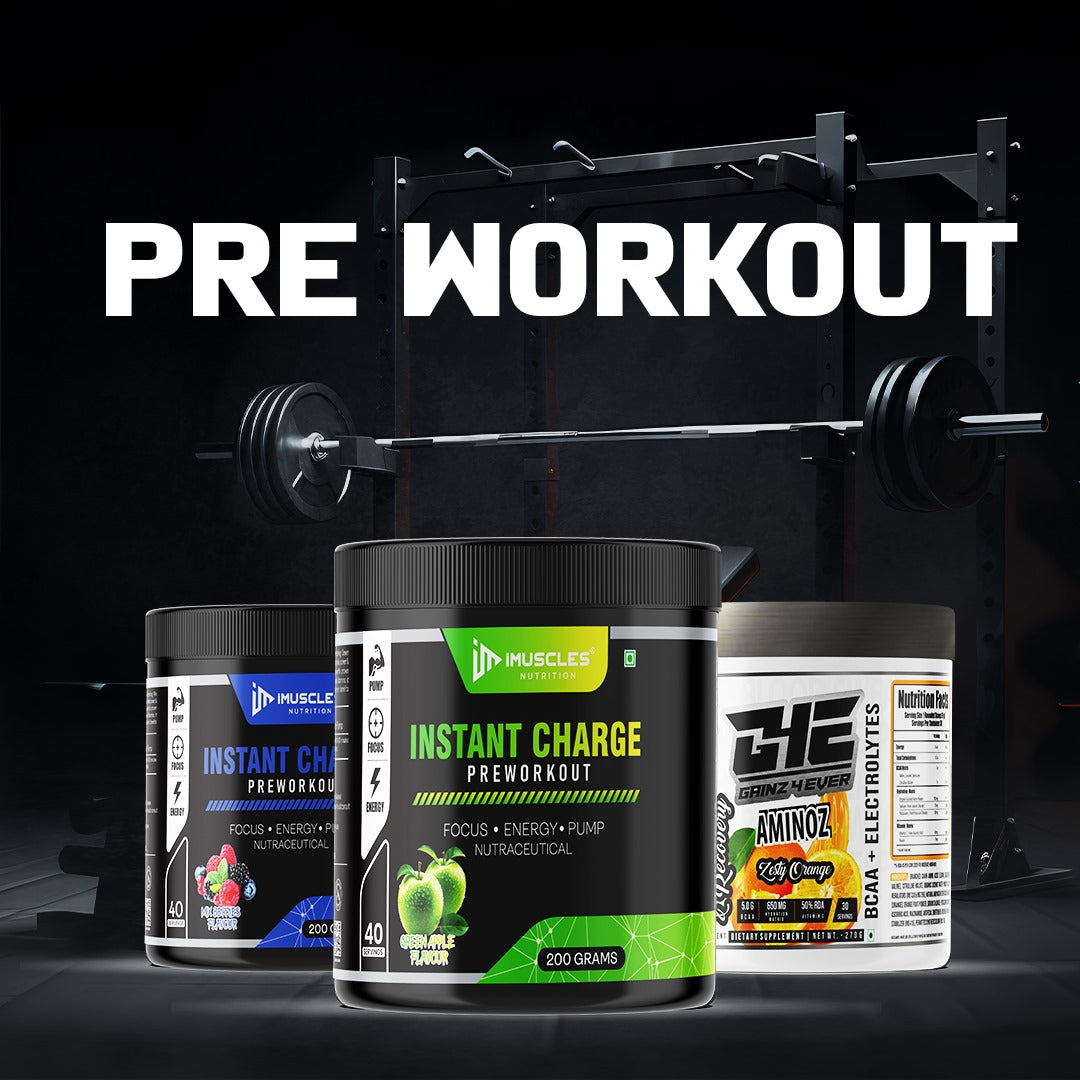
Muscle Memory: Is This Dangerous Myth Putting Your Fitness at Risk?
iMuscles Nutrition
Muscle Memory: Is This Dangerous Myth Putting Your Fitness at Risk?
In the world of fitness, the idea of “Muscle memory” gets tossed around a lot. It makes people think of those amazing comebacks & quick gains in strength after taking a break from working out. Many believe that muscle memory helps them get back to their old shape and power quickly. But the science behind muscle memory is more complicated than what most folks think. Could this idea actually risk your fitness goals? Let’s dive into muscle memory, see its effects & find out if it’s leading you off track.
Understanding Muscle Memory
Muscle memory is when muscles that were trained before seem to get strong and big again faster than new muscles after some time off. The basic idea is this: once you've built muscle, it's easier to rebuild it after a break. But what really happens in the body during this?
The Science Behind Muscle Memory
-
Muscle Fiber Adaptation: When you lift weights, your muscle fibers change to get bigger and stronger. This change is called hypertrophy, where more myonuclei (they control muscle functions) grow in the muscle cells.
-
Cellular Changes: Even if you take a long break, these extra myonuclei stay in your muscles. This might explain why folks who worked out before can get their muscles back faster than beginners.
-
Neuromuscular Adaptations: Muscle memory also involves your brain learning how to do exercises again. So, not only does your body remember how to rebuild muscles, but your brain also remembers how to do the moves better.
The Dark Side of Muscle Memory
While muscle memory sounds great, relying on it can cause a few problems & bad habits in your fitness journey:
1. Underestimating Consistency
Thinking too much about muscle memory might make you feel too safe. Some might say, “I can skip the gym; I’ll bounce back fast.” This thought can lead to long breaks which cause muscle loss & lower fitness levels. Long breaks aren’t good for you; they can make it hard to get back in shape.
2. Ignoring Nutrition and Recovery
Some people think muscle memory will save them so they don’t pay attention to eating right or resting enough. Building muscle needs good food with enough protein and rest is key for growing muscles back. Skipping these can slow down recovery & hurt growth.
3. Overtraining and Injury Risk
Believing too much in muscle memory might push some to jump into hard workouts too quickly after a break. This can cause overtraining or injuries since their bodies aren’t ready yet. Start slowly when coming back to avoid hurting yourself.
4. Myth of Easy Gains
Muscle memory can set high hopes for easy gains which aren’t realistic. People might think they will get back in shape without much effort only to feel let down when progress is slower than expected. Fitness needs hard work, no matter your past training.
Balancing Muscle Memory with Realistic Goals
Given all this about muscle memory, it's important to be realistic with your fitness goals:
1. Stick with Consistency
Try to keep working out regularly even if things get busy & life happens, do lighter exercises if needed just to keep moving.
2. Focus on Good Food and Rest
Eat enough proteins & calories for repairing muscles & aim for good sleep & rest days so you don’t burn out.
3. Take It Slow Getting Back
Don’t rush into heavy workouts after a break—start slow and build up gradually so you don't hurt yourself.
4. Be Realistic
Know that while muscle memory helps recovery quicker still need hard work for getting fit again set doable goals based on where you're now & be patient with yourself as every bit counts!
Conclusion: The Nuanced Truth About Muscle Memory
Muscle memory is cool—it shows how amazing our bodies are at adapting but putting too much faith into it can lead to slackness or even injuries! Don’t see muscle memory as an easy way out; respect your journey by working hard consistently eating right taking rest seriously.
In short—it’s fine using muscle memory as extra help but don’t replace proper workouts food or rest with it understand them well for better results long term remember—the road ahead is all about sticking with it there aren’t shortcuts!

